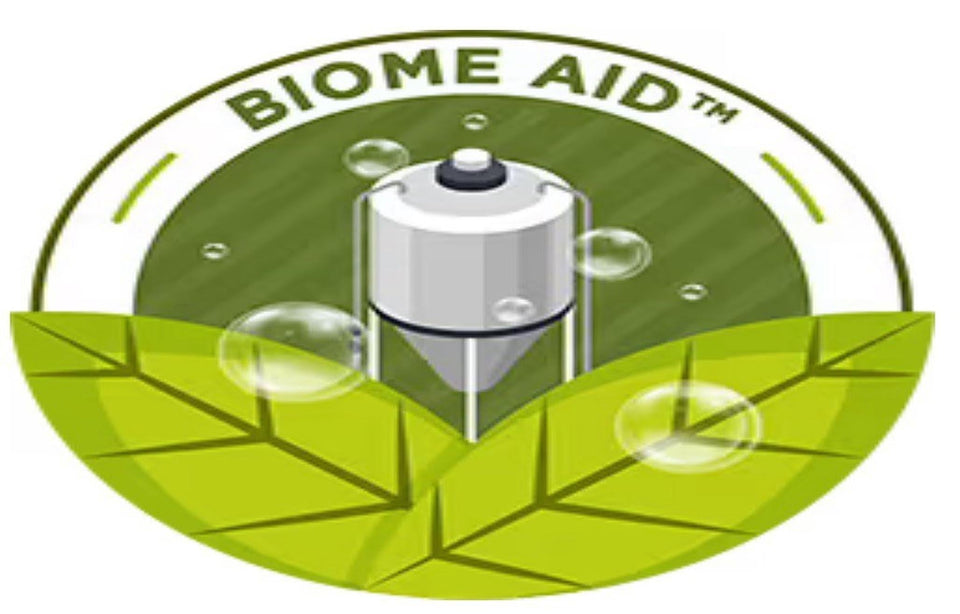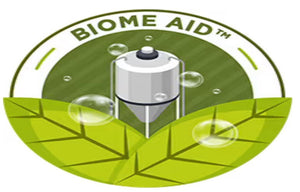The Role of Kombucha Town’s Biome Aid in Harmonizing Biorhythms and Building Community
Introduction
The hypothesis posits that consuming Kombucha Town’s Biome Aid, rich in Gluconacetobacteria, can harmonize biorhythms within a group, enhancing interpersonal connectivity, compassion, collaboration, and community-building. This process is proposed to naturally elevate dopamine, serotonin, and oxytocin levels while reducing stress hormones like cortisol, alleviating anxiety and depression. This paper explores the scientific basis for this hypothesis by examining the gut-brain axis, the role of probiotics in neurotransmitter regulation, and their impact on stress and mood.
The Gut-Brain Axis and Probiotics
The gut-brain axis is a bidirectional communication network linking the gastrointestinal system and the brain. Gut microbes influence neurotransmitter production, including serotonin (90% of which is produced in the gut), dopamine, and gamma-aminobutyric acid (GABA), all of which regulate mood and behavior. Probiotics like those found in kombucha can modulate this axis by altering gut microbiota composition, leading to improved emotional well-being and cognitive function.
Studies demonstrate that probiotics reduce cortisol levels, a key stress hormone, while improving symptoms of anxiety and depression. For instance, women with IBS experienced reduced cortisol levels and improved mood after a four-week probiotic regimen. Similarly, Lactobacillus plantarum 299v has been shown to regulate neurotransmitters like serotonin and dopamine, countering the negative effects of chronic stress.
Kombucha as a Probiotic Source
Kombucha contains a symbiotic culture of bacteria and yeast (SCOBY), including Gluconacetobacteria, which converts sugars into acetic acid and other beneficial compounds. These microbes have demonstrated probiotic potential, enhancing antioxidant activity and gut health. Retail kombucha products often contain viable cultures such as Komagataeibacter (closely related to Gluconacetobacter), which contribute to gut microbiota diversity.
Neurotransmitter Regulation and Mood Enhancement
Probiotics influence neurotransmitter production through microbial metabolites. For example:
- Serotonin: Certain gut bacteria increase serotonin biosynthesis by upregulating tryptophan hydroxylase 1 (TPH1) in colonic cells.
- Dopamine: Probiotics have been shown to boost dopamine levels in animal models, improving mood and reducing anxiety.
- Oxytocin: While direct evidence is limited, the enhanced social bonding observed in probiotic studies may be linked to increased oxytocin release.
These effects collectively contribute to reduced stress responses and enhanced emotional resilience.
Group Dynamics and Bioharmonization
The concept of bioharmonization suggests that synchronized biorhythms within a group can foster empathy, collaboration, and intimacy. While direct studies on group probiotic consumption are scarce, individual benefits from probiotics suggest potential for collective impact. Reduced cortisol levels and improved mood among individuals could create a positive feedback loop within groups, enhancing social cohesion.
A study on risk-taking behavior found that probiotics reduced impulsivity and present bias, promoting future-oriented decision-making. Such behavioral changes could improve group problem-solving dynamics.
Stress Reduction and Community Building
Chronic stress disrupts social interactions by impairing memory, focus, and emotional regulation. Probiotics mitigate these effects by normalizing cortisol levels and supporting neurotransmitter balance. By reducing anxiety and depression symptoms, probiotics enable individuals to engage more positively with others.
Enhanced connectivity through shared probiotic consumption could be a powerful tool for building equitable communities. Improved emotional well-being fosters trust and cooperation, essential for addressing collective challenges.
Conclusion
The hypothesis that consuming Kombucha Town’s Biome Aid can harmonize biorhythms and enhance community-building finds support in existing research on the gut-brain axis, probiotics' impact on neurotransmitters, and stress reduction. While further studies are needed to confirm group-level effects, the individual benefits of probiotics suggest significant potential for fostering compassionate and collaborative communities.






